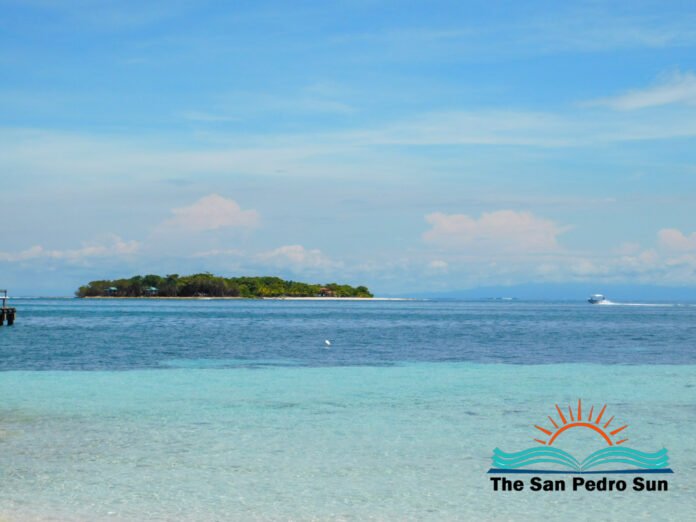The International Court of Justice (ICJ) has officially set a date to hear a case involving the long-standing dispute over the Sapodilla Cayes in southern Belize, currently between Belize and Honduras, and now Guatemala. On November 24, 2025, the ICJ will hear Guatemala’s application to intervene in the claim over these islands, which are part of a marine reserve and a popular destination for vacationers from both Honduras and Guatemala.
The Sapodilla Cayes comprise Belize’s southernmost group of islands, located about two hours east of Punta Gorda Town in the Toledo District. This case is separate from Guatemala’s broader territorial claim over more than half of Belize and several of its islands. It was first brought before the ICJ in 2022, when the Government of Belize requested a declaration confirming Belize’s sovereignty over the Sapodilla Cayes. In 2023, Guatemala expressed interest in the dispute and submitted a formal request to intervene. The ICJ has now agreed to hear Guatemala’s oral arguments this November.
Former Minister of Foreign Affairs Eamon Courtenay stated that Belize does not oppose Guatemala’s intervention but is uncertain whether Honduras will accept it. He added that he expects the court to subsequently schedule hearings for the substantive case involving Guatemala’s territorial claim. “The Guatemala and Belize case is ready for hearing and awaiting a date for hearing,” Courtenay said. He further noted that although the Honduras case is not joined to the Guatemala-Belize case, they should be heard together.
Courtenay explained, “If everything goes as planned, we hope the ICJ will set a particular month in 2026 to start the oral hearings of the Belize-Guatemala case. We expect that then the Belize-Honduras [case] also [continues] with all the arguments, and the two cases can be debated at the same time, because they are connected.” If this timeline holds, the ICJ could simultaneously issue rulings in both cases.
Although the Belize-Guatemala case has progressed slowly at the ICJ, Courtenay remains hopeful it will be resolved during the current administration’s second term. “I think it is very realistic,” he said.
The legal teams from all three countries will present their arguments before the ICJ in The Hague, Netherlands, where 15 judges will consider the matter. Once the ICJ delivers its ruling, the decision will be final and binding. All parties must comply with and implement the judgment in full and in good faith.
